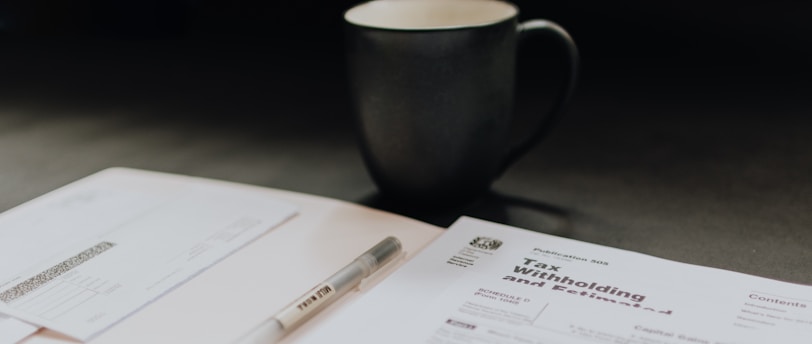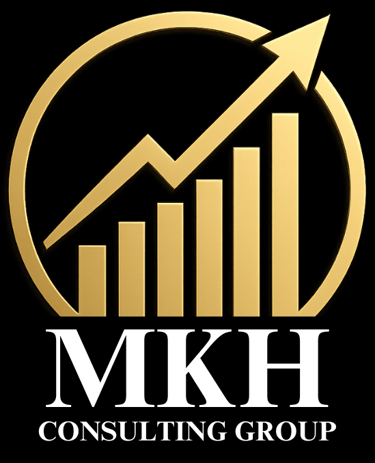The Essential Guide to Maintaining Accurate Tax Records
Maintaining accurate tax records is essential for several reasons. It not only helps taxpayers avoid IRS audits, but it also ensures that individuals can claim deductions effectively and file their taxes smoothly. Proper organization of tax documents can save taxpayers a significant amount of time and stress during the filing process. Moreover, it serves as a safeguard in case any disputes arise regarding tax filings or claimed deductions.
Leo K.
12/1/20252 min read


The Importance of Keeping Good Tax Records
Maintaining accurate tax records is essential for several reasons. It not only helps taxpayers avoid IRS audits, but it also ensures that individuals can claim deductions effectively and file their taxes smoothly. Proper organization of tax documents can save taxpayers a significant amount of time and stress during the filing process. Moreover, it serves as a safeguard in case any disputes arise regarding tax filings or claimed deductions.
What Documents Should You Keep?
The first step in effective tax record-keeping is understanding what documents are necessary to retain. Essential documents include income statements such as W-2 forms and 1099 forms, which provide a comprehensive overview of earnings. Additionally, receipts for deductible expenses—such as business expenses, medical costs, and charitable contributions—should be meticulously organized. Other vital documents include bank statements, investment records, and previous tax returns. Collectively, these materials create a clear picture of your financial situation and serve as proof of your claims in case of an audit.
How Long Should You Keep Your Records?
As for the duration of time you should hold onto these records, the IRS recommends keeping most documents for at least three years. However, there are exceptions. If you fail to report income that should be reported, the IRS can go back six years. In cases of fraudulent activity, records should be kept indefinitely. Therefore, it’s prudent to safeguard your tax records for longer periods to mitigate possible complications. Additionally, storing electronic copies of these documents is highly beneficial, as it saves physical space and allows for easier retrieval when needed.
Best Tools for Organizing Your Records
In this digital age, there are numerous tools available to help with tax record organization. Software programs and apps specifically designed for record-keeping can simplify the process significantly. Options like QuickBooks, FreshBooks, and even cloud storage services like Google Drive provide great platforms for maintaining your tax documentation. These tools not only help store relevant documents securely but also categorize and streamline your records for easy access. Staying organized in this manner can yield substantial time savings and reduce the chances of overlooking essential documents.
Conclusion
In conclusion, keeping good tax records is imperative for all taxpayers, whether self-employed or regularly employed. With careful organization and an understanding of what documentation to retain and for how long, individuals can navigate the complexities of tax filing more confidently. Utilizing technology enhances this experience and further engrains the practice of effective record-keeping. Ultimately, staying proactive about tax documentation today can save you not just time and stress, but also money in the long run.
Address
7041 Owensmouth Ave Ste 101
Canoga Park, CA 91303
Contacts
Phone: +1 (424) 644-6427
Email: info@mkhconsultinggroup.com
Subscribe for FREE consultation
© 2025 MKH Consulting Group. All rights reserved.
The MKH Consulting Group name, logo, and related marks are trademarks of MKH Consulting Group. Other brands and trademarks mentioned on this site are the property of their respective owners. Unauthorized reproduction, distribution, or use of any content from this website is strictly prohibited without prior written consent.
